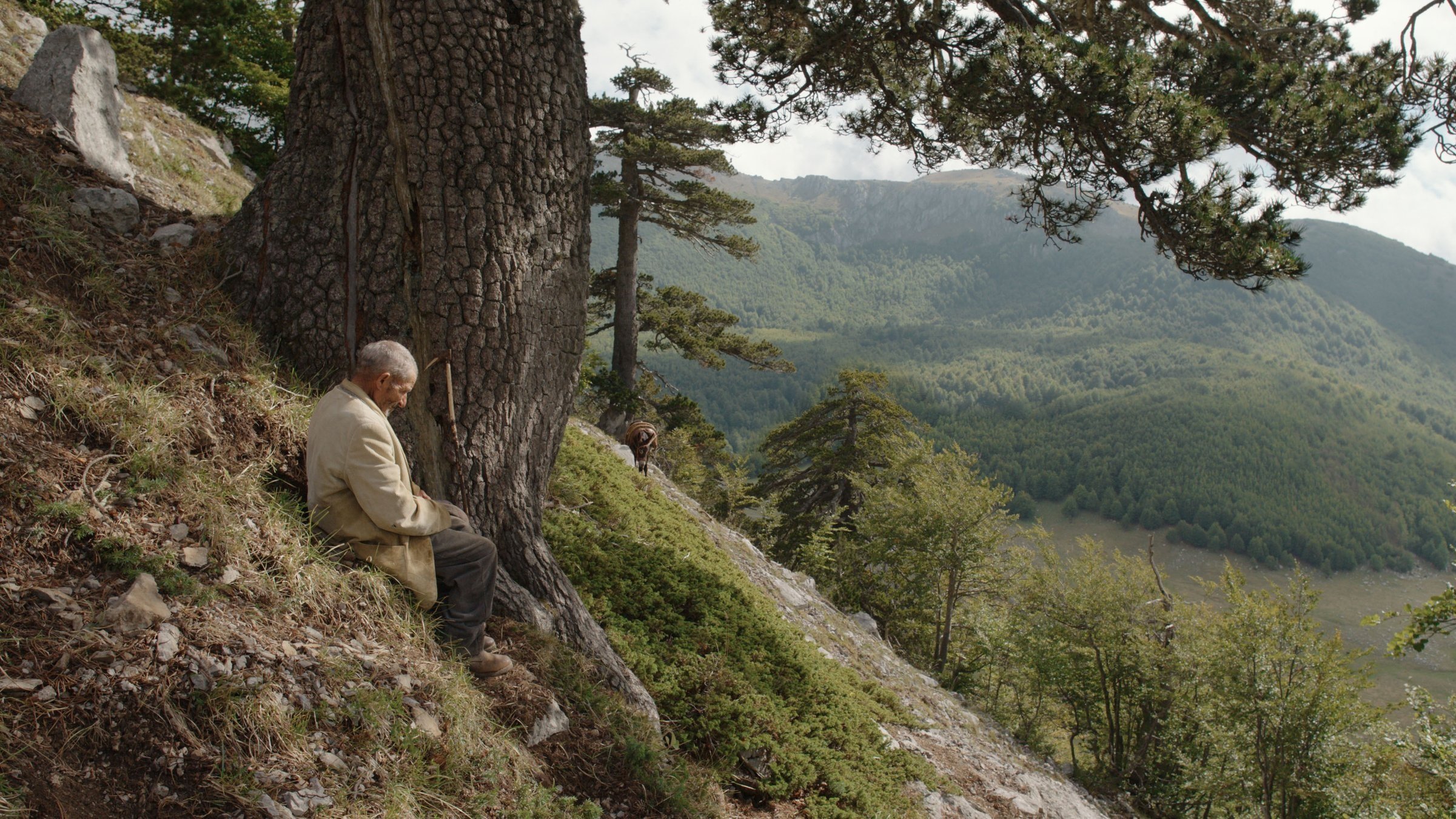Il Buco
Michelangelo Frammartino’s magnificent Italian docu-drama delves into a world beneath our feet to shed light on the miracle of the landscape above.
Italy's Michelangelo Frammartino has made only three feature films the first of which, 2003’s The Gift (Il Dono), was never released here. Nevertheless, on the evidence of the other two, Le Quattro Volte made in 2013 and now Il Buco, he is a unique figure, somebody whose approach to cinema is utterly unlike that of anybody else. These two works, both set in the Calabrian countryside, virtually exclude words, use no professional actors even when they go beyond what could be classified as a documentary and feature no music on the soundtrack. Over and beyond all that, Frammartino shares with us his own vision but refuses to explain it: these are works which need interpretation, but it is the audience who are relied on to carry that out.
Such an approach is, of course, a risky one since it could lead to boredom and irritation on the part of the viewer. However, Frammartino’s eye enables him to deflect that by composing perfect images and having them photographed magnificently. Last time around his photographer was Andrea Locatelli and here it is the veteran Renato Berta who makes Il Buco a visual tour-de-force. He was faced by an unusually difficult task because this film – the title translates as The Hole – is a reconstruction of a descent made by speleologists in 1961 when they investigated a cave known as the Bifurto Abyss and found it to be little short of 700 metres deep. The first third of the film takes place above ground in splendid scenery, but much of what follows tracks the descent into the darkness lit only by the lights attached to the helmets worn by the men involved.
On one level this is akin to Kevin Macdonald recreating the climbing exploit that was at the centre of Touching the Void, but climbing down to measure a crevasse lacks the obvious excitement and tension of mountaineering. However, Il Buco buttresses its reconstruction of the work done by offering in addition a portrait of the last days of an elderly shepherd whose whole life has been shaped by this setting. Despite the absence of words, this aspect of the film, intercut with the rest and equally important to it, justifies Il Buco being described as a work of docufiction.
Despite sharing much in common with Le Quattro Volte, Il Buco contains none of the Tatiesque humour that played a key part in that earlier film. It's also the case that, whereas Le Quattro Volte found variety by developing ideas through four segments, Il Buco does come to seem over-extended due to the lack of variety in what can be shown of the descent. Nevertheless, the new piece is the more haunting because in my eyes at least it yields such a strong vision, one that arises as I see it out of the contrast between the ephemeral (man) and the eternal (the natural world). More than once we see the shepherd beside an old tree on the hillside and both he and the tree are weathered, but we know that it will endure and that he will not. Given the film’s use of natural sounds and the frequent presence of animals (the very opening of the film looks up from inside the crevasse to show the sky while the sound of cowbells leads to glimpses of cows peering down), Il Buco never allows us to forget the wonder of the world. If a Bresson film invariably unfolds under the eye of God, this film is always aware of the miracle inherent in the natural world that we inhabit. The speleologists were able to prove that Bifurto was the deepest known cave in Europe, but Il Buco makes one feel that taking a measurement is a totally inadequate response when face to face with the mystery of the planet on which we live.
MANSEL STIMPSON
Featuring Nicola Lanza, Paolo Cossi, Antonio Lanza, Mil Costi, Carlos José Crespo, Jacopo Elia, Leonardo Larocca, Claudia Candusso, Denise Trombin, Leonardo Zaccaro, Luca Vinal, Angelo Spadari.
Dir Michelangelo Frammartino, Pro Marco Serrecchia, Michelangelo Frammartino and Philippe Bober, Screenplay Michelangelo Frammartino and Giovanna Giuliani, Ph Renato Berta, Pro Des Giliano Carli, Ed Benni Atria, Costumes Stefania Grilli, Sound Simone Paolo Olivero.
Doppio Nodo/Double Bind/Rai Cinema/Société de Production/Essential Films/ZDF/Arte-New Wave Films.
93 mins. Italy/France/Germany 2021. UK Rel: 10 June 2022. Cert. U.


